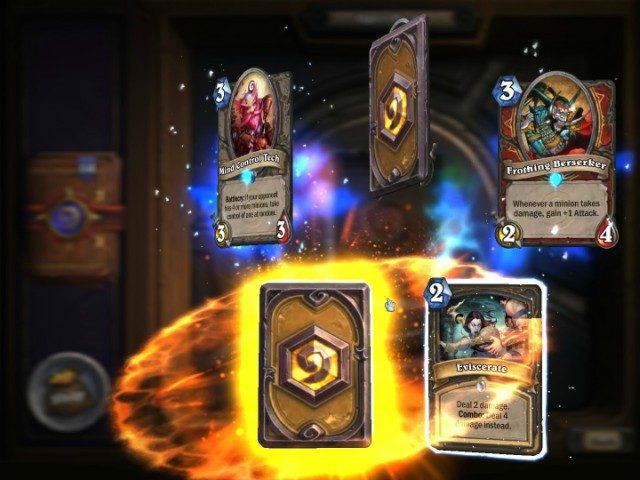Apple has irrevocably altered mobile gaming with less than 30 words, forcing apps with loot boxes to disclose the odds of what players can expect to get out of them before purchasing.
One sentence marks the division between mobile gaming as it was and the paradigm shift that transparency heralds. This single statement will make a drastic impact on the $1.4 billion mobile Blizzard behemoth that is Hearthstone, or the multi-billion dollar force that is Supercell’s Clash franchise. The final bullet point of section 3.1.1 of Apple’s updated App Store Guidelines states:
Apps offering ‘loot boxes’ or other mechanisms that provide randomized virtual items for purchase must disclose the odds of receiving each type of item to customers prior to purchase.
For reference, this is equivalent to asking that every gambling table and slot machine in Vegas alert the users to the specific mathematical odds of them winning every level of payout. It is an objectively discouraging number to put in front of a prospective consumer, more potent than the graphic cancer warnings posted on packs of cigarettes.
Where legislators have been dragging their heels, Apple has made a stunning consumer-forward decision that will enforce transparency. In doing so, they have also managed to handily avoid the growing discontent with the pseudo-gambling practices that began in their App Store — and have recently begun to overtake the AAA video game industry.
It seems very likely that exposure to the abysmal calculations that make up loot box odds could have a significant impact on consumers’ willingness to purchase them, but the material effect is ultimately unknown. Only time will tell whether math alone is enough to dissuade the compulsive microtransaction “whales” on which so many games now depend.
Follow Nate Church @Get2Church on Twitter for the latest news in gaming and technology, and snarky opinions on both.

COMMENTS
Please let us know if you're having issues with commenting.